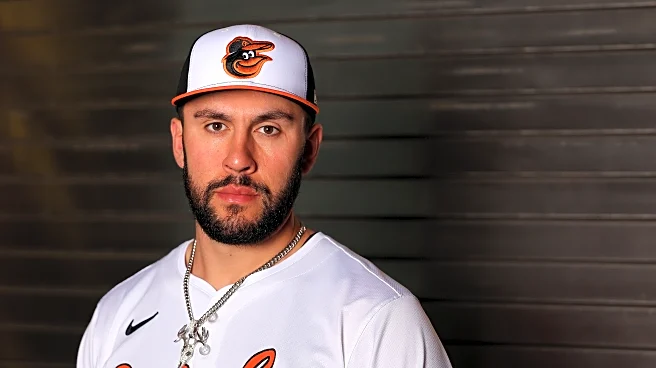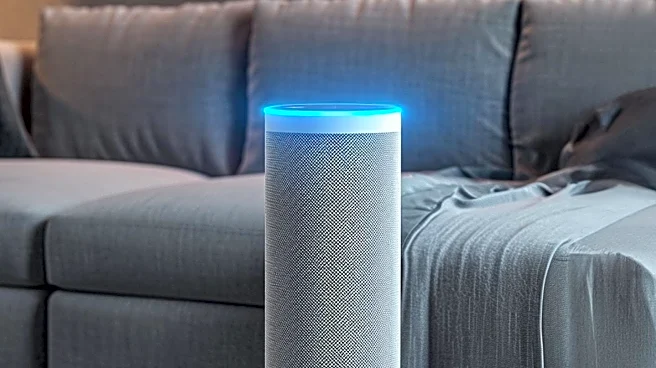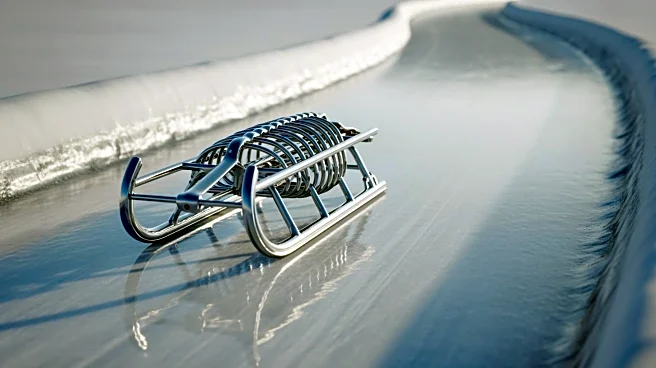Last night, word broke about a deal between the Baltimore Orioles and Anaheim Angels that had outfielder Taylor Ward going to the O’s in exchange for pitcher Grayson Rodriguez.
The reaction to the deal
was befuddlement. The Orioles had been seeking a righthanded outfield bat, and the 31 year old Ward fits the bill in that regard. He is coming off a season where he hit 36 homers and put up a 116 OPS+ with a 2.7 bWAR as the regular left fielder for the Angels, and has a career .247/.327/.439 slash line and 111 OPS+. He’s in his final year of arbitration eligibility, and is expected to make around $10 million in 2026.
So that makes sense. What made the deal so baffling, though, was who the Orioles gave up. Rodriguez, a 26 year old righthander, was the Orioles’ first round pick in 2018, and a consensus top 10 prospect in MLB prior to his losing prospect eligibility during the 2023 season. In 238 career innings, spanning 43 starts, he has put up a 4.11 ERA and a 2.3 bWAR, though he missed some of 2024 all of 2025 due to elbow, shoulder and lat injuries, ultimately undergoing elbow debridement surgery in August. Nonetheless, he is someone who has been viewed as having TORP potential, and is under team control for four more years.
The response to the deal was widespread bewilderment — especially given the teams involved. The Orioles, under Mike Elias, have prioritized value to the point it is almost a fetish. Moreover, while the Orioles need a righthanded outfield bat, an even more pressing need is in the starting rotation — the Orioles were a massive disappointment in 2025, and a big part of that is the team’s 4.65 ERA from its starters, which was 24th in MLB.
The Angels, on the other hand, have tended towards shorter-term moves involving acquiring players like, well, Taylor Ward — in the words of David Roth, the roster churns and the rest remains constant in a way that suggests inertia more than it does any sort of commitment beyond “this team is going to win between 70 and 78 games.”
If it were the other way around — if the Angels had traded Rodriguez to the Orioles for Ward — the trade would still be baffling, but would be consistent with the way that we expect these two teams to go about their business. The Orioles would be arbitraging, seeking upside and surplus value in exchange for a league average regular who isn’t particularly cheap and is a year away from free agency, whereas the Angels would be getting someone who would make them a couple of wins better for a year at the cost of someone they’re tired of waiting on.
One can view this as a case of Rodriguez’s medicals being so bad that the Orioles want to get something for him while there’s still some value there, with the Angels willing to take the risk on Rodriguez’s health. One can also view this as the Orioles making a really stupid move. Those two views are not necessarily mutually exclusive.
When I first started this blog, I probably would have done a post on this that put the Orioles on blast, called them a bunch of idiots, and maybe said the Rangers were stupid for not getting in on this deal and grabbing Rodriguez. One of the things I’ve come to realize, though, especially at this point in time, is that teams are generally not run by a bunch of idiots. They do things for reasons. And when a move appears to not be rational, there is usually a rational explanation for it that we are not privy to. It may not be an explanation that we agree with, but on a move like this, one can reasonably assume that there’s something driving the transaction on Baltimore’s side that we don’t have complete transparency on. We can guess that it has to do with Rodriguez’s medicals, and that would seem to be a reasonable guess, but we really don’t know.
The analysis wouldn’t necessarily be as clear-cut if, as alluded to above, the sides of this trade were reversed, or it was a team like Colorado, with a history of making baffling deals, dealing Rodriguez. But for a team that has operated in such a bloodless, value-focused manner such as Baltimore, it makes me feel more strongly that there’s issues that we either don’t know about, or don’t know the extent of. Its not that Baltimore doesn’t make bad decisions — but the types of bad decisions that they’d be likely to make are on the other end of the spectrum from this, deals putting too much emphasis on surplus value and not enough on the current needs.
It brings to mind the furor that we see at various times during the season, when a lineup is posted that doesn’t appear to make sense, or a reliever is not used in a situation where they’d be expected to be used. Frequently, we find out in due course that a starter is dealing with a physical issue that has them out of the lineup, or a reliever wasn’t available to be used. More often than not, there ends up being an explanation that makes the decision make more sense. Again, you may disagree with the decision even when you know the reasoning behind it, but there is more often than not a rational explanation behind it.









